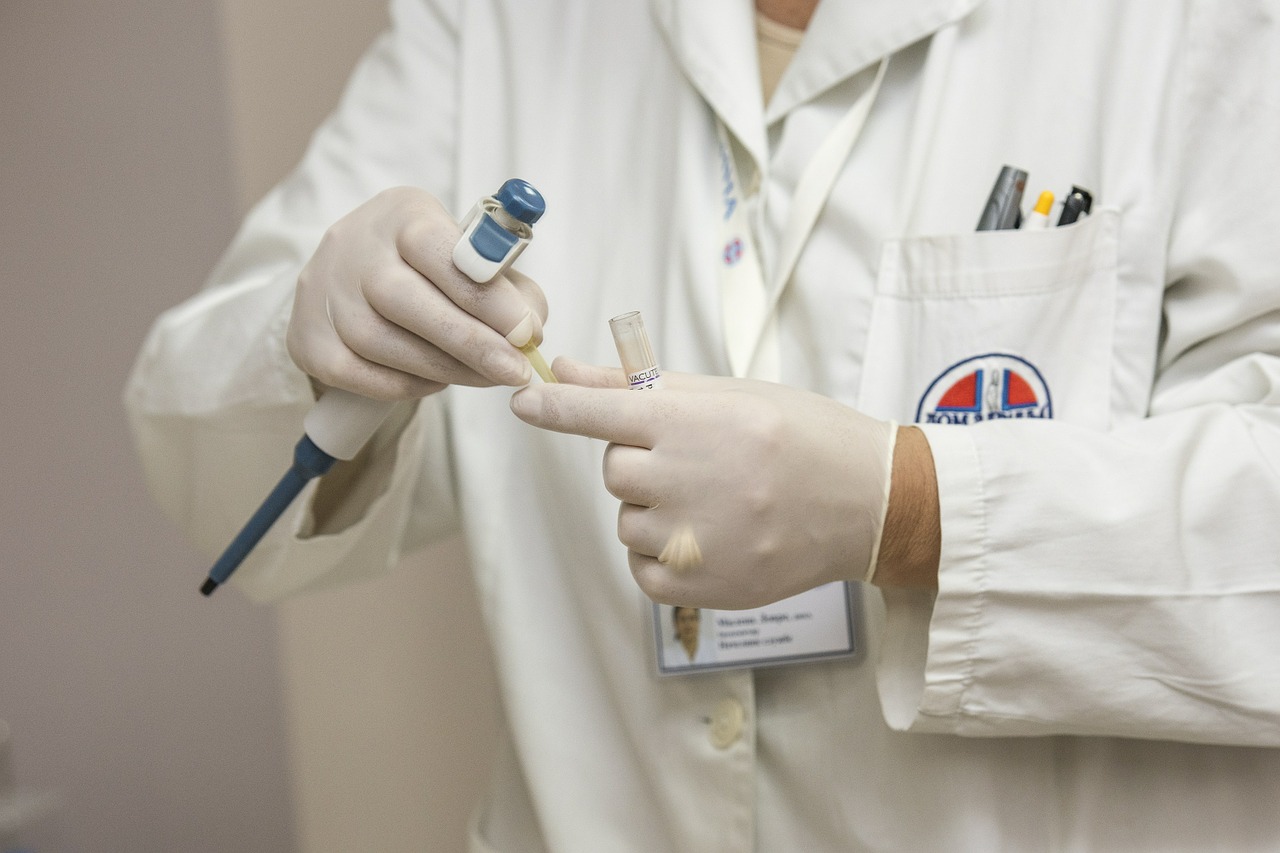From collecting data to analyzing samples to operating on actual patients, Artificial Intelligence is rapidly shifting the efficiency and capabilities of the healthcare industry. AI is challenging doctors in their areas of expertise and the emergent technology could be harnessed to help humans perform their jobs better, if AI is used to its full advantage.
As healthcare is a data-driven industry, it is already being heavily impacted by emerging AI technologies. Patient records are increasingly going digital, and soon, organized analysis of these records will give tremendous insight into the nature of disease over time. This is where AI comes in. Artificial intelligence with machine learning and deep learning capabilities will be able to analyze these records with startling speed and accuracy.
We spoke with industry experts at John Snow Labs to get their take on how AI will affect the healthcare industry in the near future. Their vision embraces the proliferation of such technology so as to make it available worldwide over the next few decades.
The John Snow Labs’ Founding Team believes that, “deep learning will fundamentally improve all three keys parts of a clinician’s job – diagnosis, treatment and prognosis. … The next decades will be about translating … research results into products & services. … What’s most inspiring is the promise of going beyond more expensive tools, and enabling access to the best medical care to the billions of people who otherwise cannot access it. There’s no faster way to realize the dream of giving everyone on the planet the best that oncology, psychiatry, cardiology or endocrinology can offer.”
The recent development of deep learning AI has far-reaching ramifications for the fundamentals of our healthcare system. But what exactly is deep learning, and how will this help doctors?
When AI is capable of deep learning, it is capable of a significant measure of intelligence – the ability to adapt to new situations. AI with deep learning capabilities, as opposed to simple algorithmic patterning, are able to translate speech in real time and recognize objects. They can not only compute data, but deduct conclusions from these computations.
This means, for example, that AI can predict cancer prognoses with incredible precision. Researchers at Stanford University have already developed AI that scans slides of lung tissue and then computes the survivability rates of cancer patients. This futuristic technology could significantly reduce repetitive tasks for doctors, and allow them to focus on other important tasks, such as general diagnoses, which is still performed by doctors better than AI. Although perhaps in the future, diagnostics will also be taken over by AI performance.
There is no substitute for the empathetic bedside manner of a capable human doctor, but if the nuts and bolts of medicine could be substituted by a more efficient machine, it could change the face of healthcare globally. With the proliferation of AI in medicine, as well as its cheaper implementation, we could see more accurate prognoses, wider-reaching access, and lower mortality around the world.












